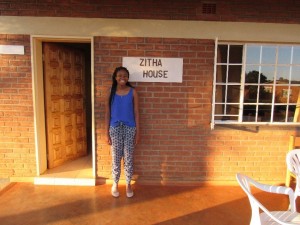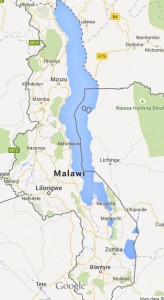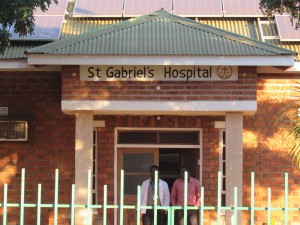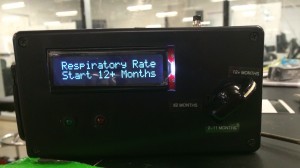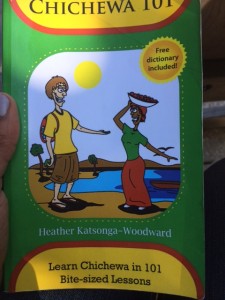Miyezi angati?- How many months ?
On the must do on every Saint Gabriel’s volunteer’s bucket list is a visit to one of their outreach clinics. This week, Renata and I finally went. Around 9 am, we helped as the outreach workers loaded the caravan with mosquito nets, scales, blood pressure machines, HIV rapid test, and other medical tools. Today’s clinic was traveling to Malagande training center, which is about 8km from the hospital. The hospital workers perform prenatal check-ups and under 5 check ups.
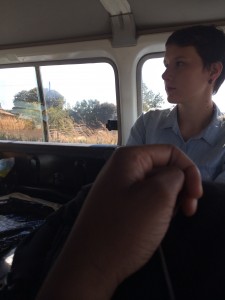
When we arrived, there was already a line forming prenatal check ups! In one room, we took the weight, blood pressure, and demographic information for the patients. There had to be easily more than 50 pregnant women there. Each of these women were carrying a health passport, a symbol of the Malawian health care system.
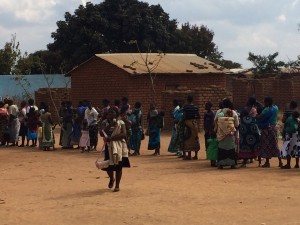
While I was recording weight and blood pressure, I couldn’t help myself but to look at the year of birth for each of the patients. The majority of the women were born in 1994-1997, making them around 16 to 21 years. In fact, it was uncommon to see a woman that was older. This is a complaint I hear the clinical officers make all the time: women are just having children too young. In some districts, like Mangochi, it isn’t uncommon to find a pregnant 11 or 12 year old. 38% of Malawian women are mothers by 18 years. 1
After we were finished taking vitals, we watched as the nurse checked on all 50 women. We were in an abandoned building owned by the hospital that had very little natural light, and definitely no electricity. Instead of using an ultrasound, the nurse used her hands to tell where the baby’s head was, and used a ruler to measure from the head to the pelvis. And instead of a fetal heart monitor, a pinard (kinda like a stethoscope) is used. The visit ends with the nurse prescribe malarial prophylaxis, iron pills, and giving a date for the next visit. It took us about four hours to complete all the visits, and pack up to go back to Saint Gabe’s.
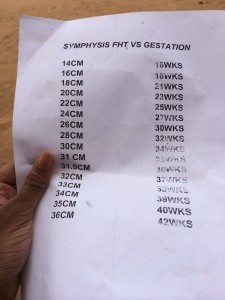
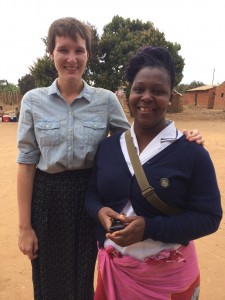
But of course, as is customary, we had to stop for nsima for lunch!
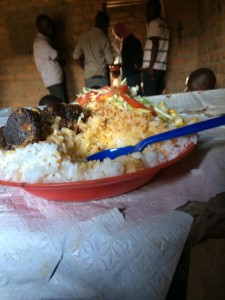
1) http://www.unicef.org/pon95/fami0009.html
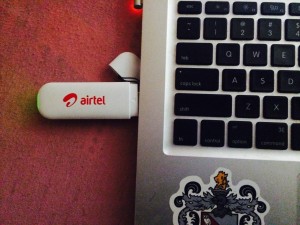
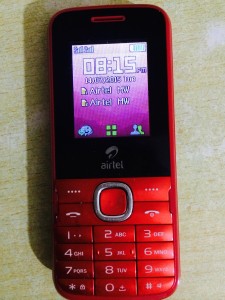

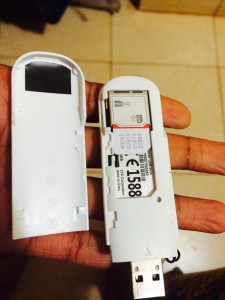
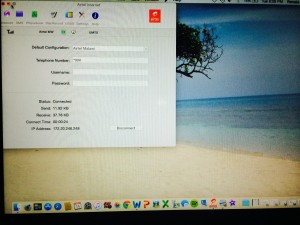
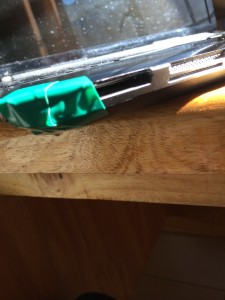
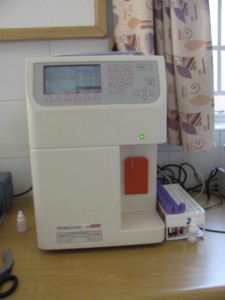
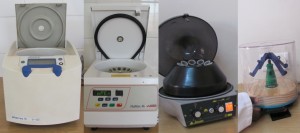

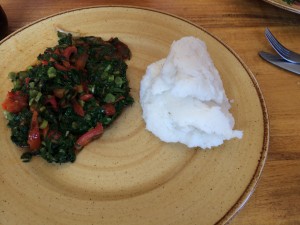 2:00PM-5:00PM- More meetings, and working on Morphine Tracker.
2:00PM-5:00PM- More meetings, and working on Morphine Tracker.